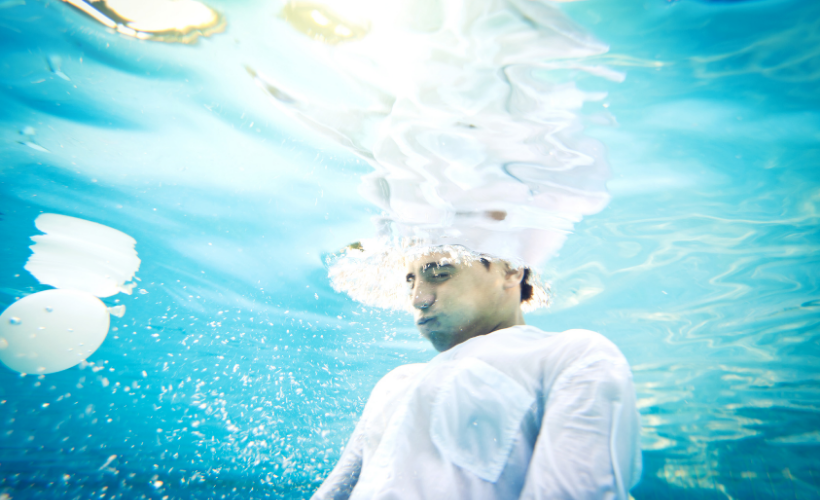
Hypoxic blackout, also known as ‘shallow water blackout’, happens when loss of consciousness occurs underwater due to a lack of oxygen. This is often due to breathholding or purposeful hyperventilation before going underwater.
Hyperventilation is overbreathing. It involves breathing faster and/or deeper than the body requires. Hyperventilation should never be carried out before going underwater.
Every year, several Australians drown from shallow water blackout. It happens in public pools, home pools and free diving in the ocean.
The science behind hypoxic blackout
Before going underwater, a swimmer sometimes purposely hyperventilates. A less common cause of hypoxic blackout can be the result of an underlying heart abnormality, often unrecognised. Blackout occurs because the normal, protective 'breakpoint' – or the irresistible urge to breathe - has not been reached before consciousness is lost.
There are two chemical sensors in the body which detect levels of oxygen and carbon dioxide (CO2) in the blood. These protect us from a lack of oxygen. The CO2 sensor is the most sensitive; and when CO2 rises to a critical point, the breakpoint is reached first. Under normal circumstances, when a swimmer is trying to stay underwater for as long as possible, the 'breakpoint' forces the swimmer to the surface to take a breath. If a person is submerged and the 'breakpoint' is reached while the mouth and nose are still underwater, the irresistible urge to take a breath still occurs, and water is inhaled into the lungs.
How to stay safe
- Purposely hyperventilating or breathing in and out very quickly should never be carried out before going underwater
- Breathholding itself is a completely normal practice and carries limited risk
- It is important to know that ‘shallow water blackout’ can occur at any depth of water
- Always swim with a buddy
- Call for help immediately if you see someone unconscious in the water and make a personal decision whether to affect a rescue.
Reviewed and updated February 2023.
